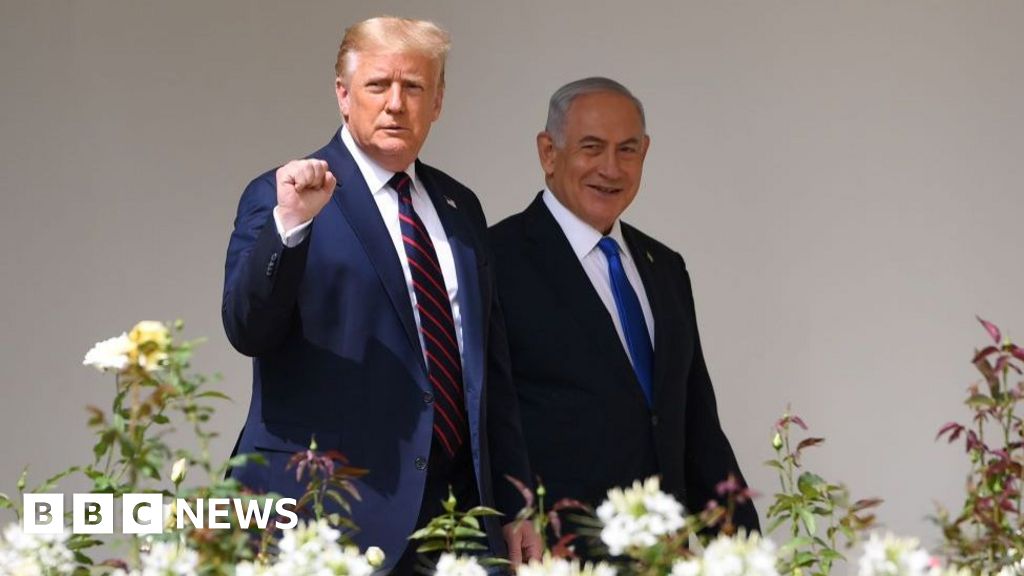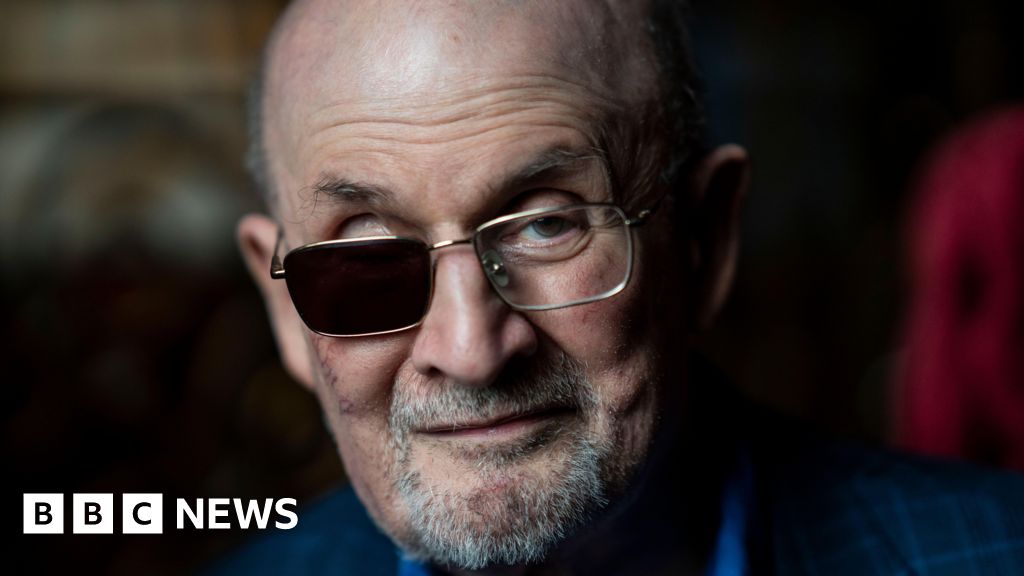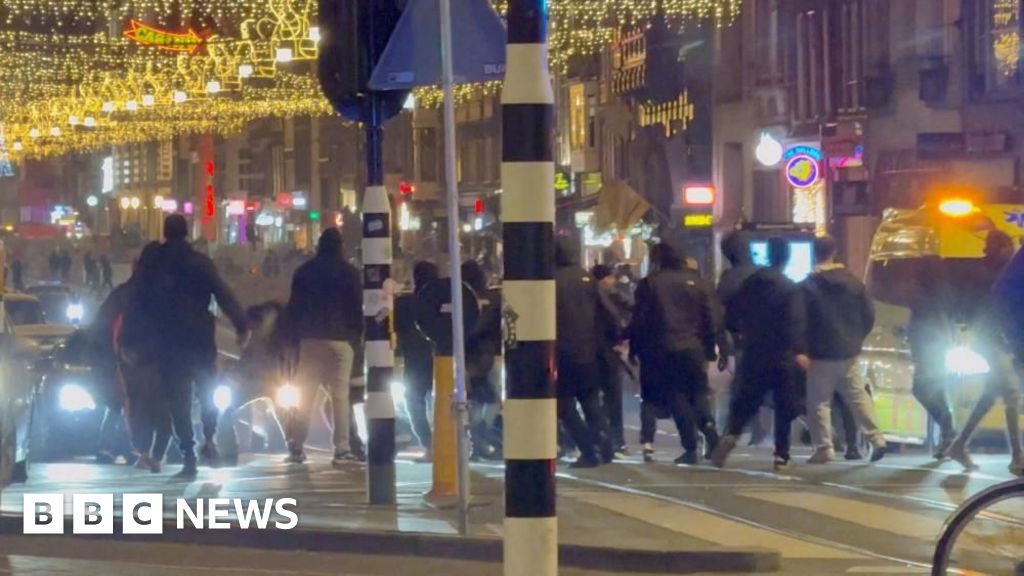ARTICLE AD BOX
China "represents a challenge to the world order", the PM says.
China "represents a challenge to the world order" which the UK must take seriously, Rishi Sunak has said.
The prime minister told the BBC he was increasing funding for the armed forces because "the world has become more volatile" and "threats to our security have increased".
Defence spending will rise by nearly £5bn over the next two years.
But No 10 has given no timeframe for a longer term ambition to boost spending to 2.5% of national income.
Mr Sunak was speaking in California, where he is holding talks with his US and Australian counterparts to agree details of a UK-US pact to supply Australia with nuclear-powered submarines.
The agreement, known as the Aukus pact, was signed in 2021 as part of a joint effort to counter Chinese military power in the Indo-Pacific region.
In an interview with the BBC's Chris Mason, Mr Sunak said: "China is a country with fundamentally different values to ours and it represents a challenge to the world order.
"And that's why it's right that we are alert to that and take steps to protect ourselves… stand up for our values and protect our interests."
He said the government took the "challenge" posed by China seriously, adding that the UK had taken action including blocking Chinese investment in sensitive sectors like semiconductors.
Pressed on whether the ambition to increase defence spending to 2.5% of national income was meaningless without a timeframe, the prime minister said the government should be judged "on our actions".
As chancellor, Mr Sunak said he had overseen the largest uplift in defence spending since the end of the Cold War and the government had increased spending every year since then.
"We're one of the largest spenders on defence anywhere in the world, the largest in Europe, and that will continue to remain the case," he added.
However, Labour said the Conservatives had "failed to secure Britain's national defence for the future" and pointed out that defence spending had not hit 2.5% of GDP since it left government in 2010.
Some Tory MPs have also expressed concern about the level of investment in the armed forces.
Tobias Ellwood, who is chairman of the Commons Defence Committee, said Russia and China "will be breathing a sigh of relief that we haven't invested further".
The government has set out its plans for foreign and defence policy in an new version of the so-called Integrated Review.
The update was ordered by then-Prime Minister Liz Truss in September last year to take account of Russia's invasion of Ukraine.
The document describes China under Communist Party rule as an "epoch-defining and systemic challenge... across almost every aspect of national life and government policy".
It says the government "will work with our partners to engage with Beijing on issues such as climate change".
"But where there are attempts by the Chinese Communist Party to coerce or create dependencies, we will work closely with others to push back against them," it adds.

 1 year ago
14
1 year ago
14








 English (US)
English (US)